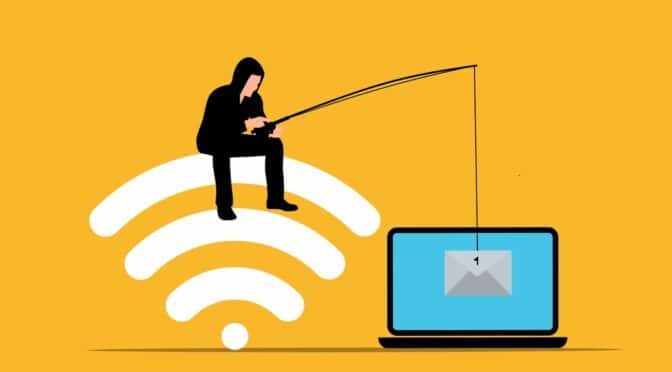If you use eBay, it’s time to change your password. It’s troubling that the company was hacked in late February or early March, discovered this about two weeks ago, and waited until May 21st to start sending email alerts. The alert didn’t hit my inbox until May 25th. Clearly, companies that get hacked should notify consumers immediately.
eBay says hackers got access to the credentials of a few employees and broke into data bases with customers names, encrypted passwords, email and physical address, phone numbers and dates of birth. In the email, eBay Global Marketplaces President Devin Wenig said the company conducted, “extensive analysis and found no evidence that any customer financial information or credit card was involved.”
Apparently, no PayPal information was hacked.
Nevetheless, the company is asking all its users to change eBay passwords and it’s relatively simple.
This hack reminds us of the need to change passwords often on sites that we use frequently.
And even though, eBay says no financial information was compromised, it’s a good idea to keep an eye on your accounts.
This is what you need to do:
- Monitor accounts for unauthorized charges or debits.
- Regularly review accounts online if possible, and at a minimum examine monthly statements closely.
- Report even small problems immediately. Some thieves may process a small charge or debit just to see if the account is live or whether the consumer notices.
- Be aware that fraudulent charges may occur many months after information is stolen.
- Even if you think the PIN on your debit card was not stolen, consider changing the PIN to be on the safe side.
- Alert your bank or card provider immediately if you suspect fraud.
- Alert your bank or card provider immediately if you suspect an unauthorized debit or charge.
- If you find fraudulent charges, ask the card provider to close access to the account and issue a new card before more transactions come through.
- Follow up with the bank or card provider and maintain records. Call the bank or credit card provider first, also ask about how you can follow up in writing. Make sure you keep a copy of your correspondence.
If you don’t like the way your bank is handling things, the CFPB says, “If consumers are unsatisfied with how their bank or card provider responds to a report of fraudulent charges, they can submit a complaint to the CFPB. Card providers should investigate charges and respond quickly. Consumers have a right to see the results of the bank’s or card company’s investigations.”



